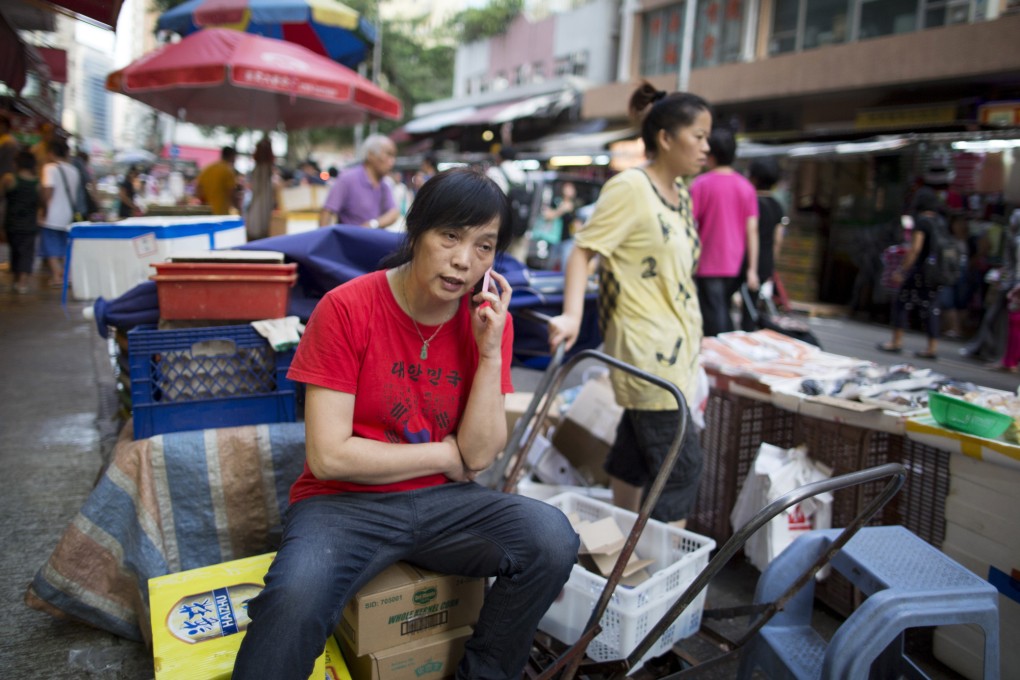Marketers stand to benefit from curbs on cold calls
Kai-Lung Hui says Hong Kong should heed US experience showing increased sales

The latest public opinion survey commissioned by the Office of the Privacy Commissioner for Personal Data shows that consumers are reacting negatively to person-to-person direct marketing calls. Compared with a similar survey in 2008, more consumers are receiving such calls and in higher frequency. An overwhelmingly large proportion of consumers think that the calls had caused inconvenience and wasted their time.
These findings are hardly surprising. With the introduction of do-not-call registers that restrict the use of pre-recorded telephone messages, telemarketers are turning to person-to-person calls.
There are two solutions to regulate such calls. One is to facilitate filtering through smartphone apps. I have advocated this solution elsewhere and shall not revisit it here. This solution also carries a disadvantage as it may not apply to fixed-line phones.
The second solution, which is what the privacy watchdog advocates, is to expand the do-not-call registers so that they cover person-to-person calls. The industry probably does not like it as it may restrict the number of consumers that they could reach.
The question is, does the register really reduce consumer purchase through telephone marketing? We should learn from the US experience, which has had a do-not-call registry covering person-to-person calls since June 2003. In less than one year, the US registry had recorded more than 100 million telephone numbers. Ostensibly, the market had shrunk significantly.
However, the actual picture is more encouraging. The sales from direct marketing in the US totalled US$1.7 trillion in 2003. It was US$2.05 trillion in 2012. The registry does not seem to reduce consumer purchases.
How did it work? The do-not-call registry sorts consumers into two groups - those who are not interested in promotions and so would register to avoid telephone calls, and those who are interested. The first group is of less interest to telephone marketers as they will not buy even if reached.